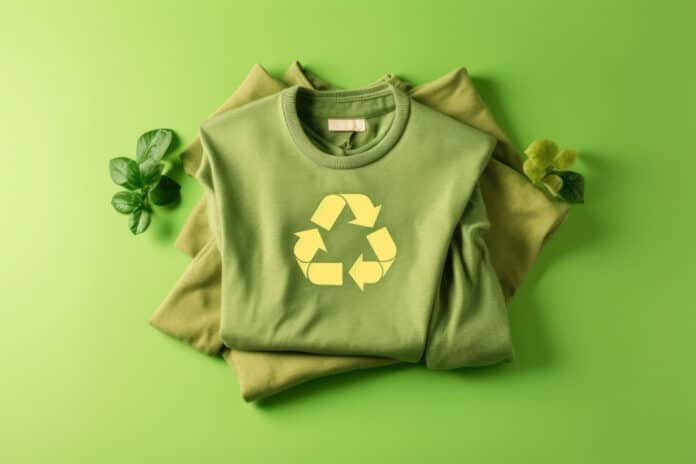Uniforms are a familiar sight in workplaces and schools around the world. But have you ever considered the environmental and social impact behind those crisp shirts and sturdy pants? Sustainable uniform manufacturing is no longer a niche concept; it’s becoming an essential consideration for businesses and institutions alike.
Reducing the Environmental Footprint
The fashion industry, of which uniform manufacturing is a part, is a major contributor to environmental pollution. Traditional uniform materials like polyester rely heavily on fossil fuels for production and shed microplastics when washed, polluting waterways. Sustainable practices promote the use of eco-friendly materials like organic cotton, hemp, or recycled polyester. These materials require less water and pesticides to grow (in the case of organic cotton) or give new life to plastic waste (recycled polyester). Additionally, sustainable manufacturers often prioritize energy-efficient production processes, minimizing their carbon footprint.
Beyond Materials: Ethical Considerations
Sustainability goes beyond just eco-friendly materials. Ethical labor practices are paramount. Uniform manufacturing should ensure fair wages, safe working conditions, and no child or forced labor is involved in the production process. Sustainable uniform suppliers often hold certifications that verify their commitment to ethical sourcing and labor practices.
Benefits Beyond the Environment
Sustainable uniforms aren’t just good for the planet, they’re good for business too. High-quality, ethically made uniforms tend to be more durable, reducing the need for frequent replacements. This translates to cost savings in the long run. Furthermore, a commitment to sustainability can enhance a company’s brand image, attracting environmentally conscious customers and employees. Schools can promote a sense of social responsibility among students by choosing uniforms made with ethical and sustainable practices.
Making the Switch
Transitioning to sustainable uniforms doesn’t have to be overwhelming. Here are some steps to get you started:
- Research sustainable uniform suppliers: Look for companies that prioritize eco-friendly materials, ethical labor practices, and transparency in their supply chain.
- Invest in quality over quantity: Opt for durable, well-made uniforms that will last longer, reducing waste.
- Consider uniform buy-back or recycling programs: Some sustainable suppliers offer programs to take back old uniforms for recycling or proper disposal.
By embracing sustainable practices in uniform manufacturing, we can create a more responsible and eco-conscious future for ourselves and the planet. It’s a small change with a big impact, one uniform at a time.













